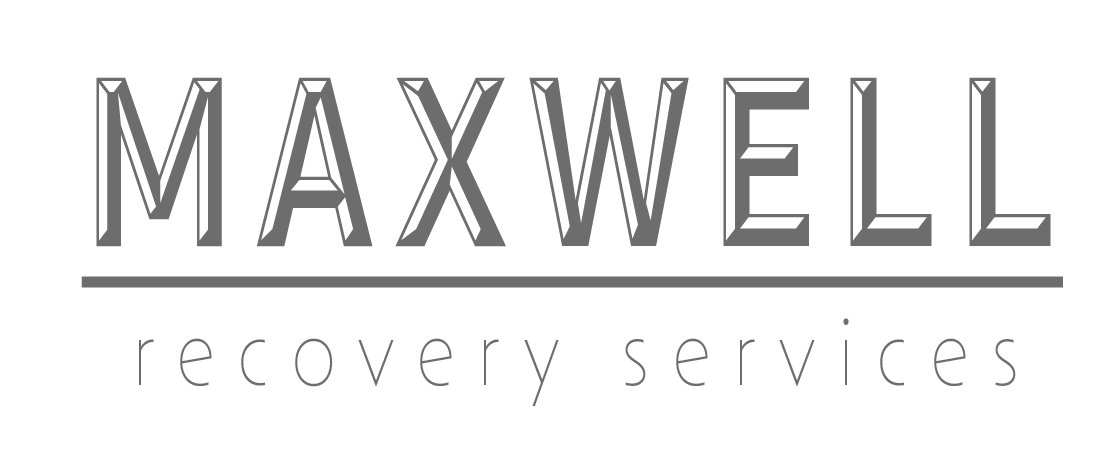Talking to your loved one about substance use
It can be incredibly challenging to talk to your loved one about their substance use. Although not always the case, individuals can be defensive or evasive regarding their substance use problem, and can deny, rationalize, personalize, or implement some other conversational tactic to avoid discussing their problem.
Of course, this is not unique to people with addiction problems, as we all can struggle at times with accepting behaviors or characteristics of ourselves that we have judgments about. It is important to understand that many people with substance use problems are using in order to cope with distress, connect with other people, or fulfill some other fundamental human need. It can sometimes be hard to understand why someone continues to use substances despite experiencing negative consequences. We might ask ourselves “why do they do it?”, become angry, or take their behavior personally. We have to recognize that we cannot control other people’s behavior; the only thing we can do is set boundaries, work on our communication, and take care of ourselves.
So how do you talk to your loved one about substance use? Of course, every situation is different and these guidelines may not fit for every single situation. However, there are several principles that I have found to be helpful in these types of challenging conversations.
First, do not personalize. This is easier said than done, but is nevertheless an important skill. Your loved one is typically not using substances “at you.” They are not trying to hurt you, make you worry, or impact your life. I have worked with many individuals who did not recognize the harm that their addiction caused to their families and friends until they entered recovery. Remember that you are talking with someone who is not thinking rationally about this particular behavior, no matter how rational they may be in other areas of their life.
Second, stick to your experience of that person’s behavior and avoid “you” statements. Often, loved ones will spend a lot of time using blaming or directive language, unconsciously creating unnecessary resistance in their loved one. No one likes being told what to do, or to feel blamed or shamed for their behavior. Instead focus on your feelings, concerns, worries etc, and issue requests for your loved one to receive help or become more aware of their substance use. Recognize that it is their right to have the dignity of their own experience, and that we cannot force anyone to change. However, we can express our worries and concerns and request that our loved one receive some help.
Some people may still not want to talk about their substance use, even with the most loving, compassionate, and understanding approach from their loved ones. In this case, it might be time to hire a professional to guide your loved one, and yourselves, into recovery. Not everyone will need a formal “intervention” process, but some people will. Addiction can have a strong hold on people, and might require some significant professional involvement in order for that person to receive help.
Finally, take care of yourself. It is extremely hard to have a loving, rational, and helpful conversation with someone when we are agitated, anxious, and angry ourselves. A significant amount of my work with families involves coaching them on accessing their own supports and developing their own ability to remain calm in challenging situations. This is an ongoing process for everyone. If we can respond to our loved one in a kind, thoughtful, and calm manner, we have a much better chance of getting through to them.
It is not easy to talk to a loved one about their substance use, but it is often the first step in a family’s journey to recovery. Using these skills can make these conversations a little easier to navigate, and have the potential to lead to a positive outcome.
Originally published: https://www.postindependent.com/opinion/guest-column-talking-to-your-loved-one-about-substance-abuse/

